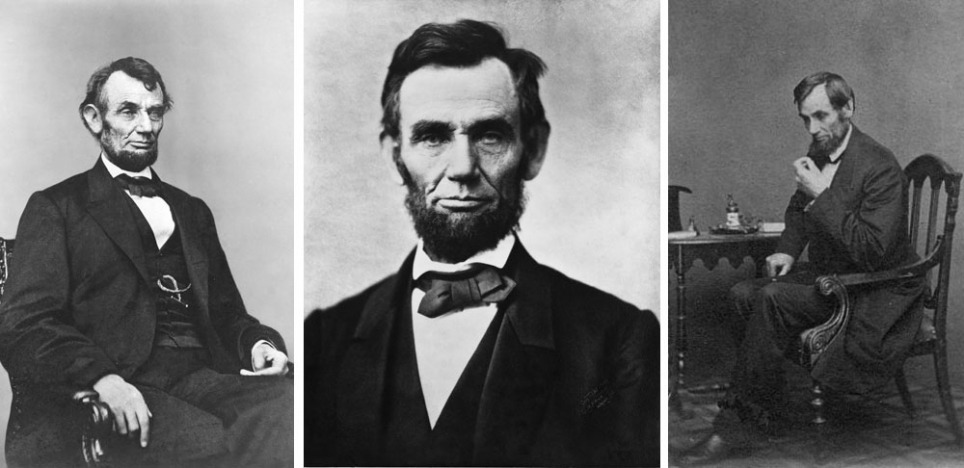A controversial figure in his divisive times, Abraham Lincoln (1809 - 1865) has reached almost mythical status for his indomitable courage in navigating through the terrible trials of the Civil War as the 16th U.S. president (1861 - 1865). The details of his rise from coming from an impoverished family who lived in a one-room log cabin in Kentucky to a becoming a respected lawyer and then president remain a strong inspiration to countless people.
Among his most memorable words are these lines from his second inaugural address that are inscribed on the Lincoln Memorial in Washington, D.C.:
"With malice toward none, with charity for all, with firmness in the right as God gives us to see the right, let us strive on to finish the work we are in, to bind up the nation's wounds, to care for him who shall have borne the battle and for his widow and his orphan, to do all which may achieve and cherish a just and lasting peace among ourselves and with all nations."
In his introduction to The Wit & Wisdom of Abraham Lincoln, James C. Humes states: "As a republic the United States has no monarch such as Britain to embody its nationhood. Our icons are paper, not persons: the Declaration of Independence and the Constitution. But if there is a personification of democracy, it is Abraham Lincoln. Lincoln is a statue of Liberty in the flesh. From the humblest of background, Lincoln rose not only to head the first democracy, but to spread its gospel and die while defending it."
To Name This Day . . .
 Art Explorations
Art Explorations
Look online to see images of Lincoln, both historical photographs and paintings/drawings. In your perception, which most captures this idea of Lincoln as (in Humes' words) "a statue of Liberty in the flesh"?
 Film
Film
One of the ways you can affirm and hurrah the life and legacy of Abraham Lincoln is to take another look at Stephen Spielberg's poignant and enlightening historical drama, Lincoln, about this president's leadership skills during the tense times of the Civil War characterized by the toxins of racial enmity. In one memorable image he stands tall wearing a stovepipe hat: his shoulders are hunched, no doubt, from the many burdens he had to bear from 1861 to 1865. Spielberg and screenplay writer Tony Kushner vividly convey the skills the President wielded in his political relationships with members of the Congress. In our review of the film, we wrote:
"We can't help but notice how fears and prejudices permeate the debates over the 13th amendment [to abolish slavery] .. even as they seep into the halls of Congress today. It is fascinating to see what it really took to secure Lincoln's legacy as the 'Great Emancipator.' Today's politicians would do well to emulate his vision and tenacity in confronting the injustices, slavery, and poverty of our time." Talk with a colleague or a friend about what today's leaders could learn from Lincoln.
 Quotes
Quotes
Abraham Lincoln 's words and deeds bear the stamp of wisdom yet they have an openness that enables us to not only probe and explore them, but to also try them on in the midst of our lives. Choose one of these quotes that stands out for you today, and consider how Lincoln embodied it. Then find one or two ways to bring its meaning concretely into your actions.
On Mercy: "I am charged with making too many mistakes on the side of mercy."
On Experience: "We dare not disregard the lessons of experience."
On Humility: "I have been driven many times to my knees by the overwhelming conviction that I had no where else to go."
Hometown: "I like to see a man proud of the place in which he lives. I like to see a man live in it so that his place will be proud of him."
Liberty: "The world has never had a good definition of liberty."
Work: "Work, work, work is the main thing."
